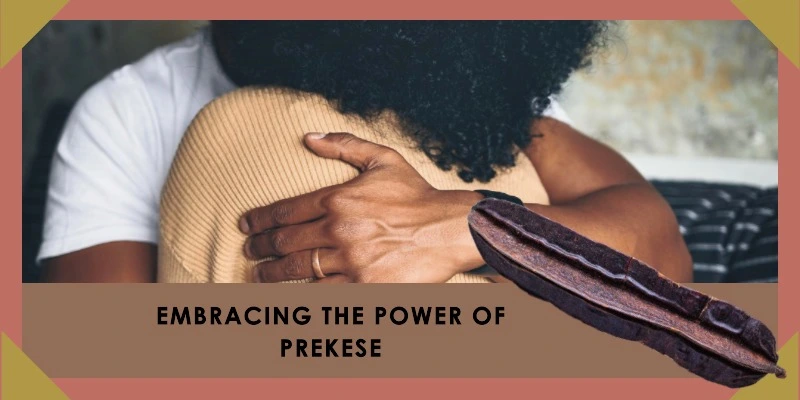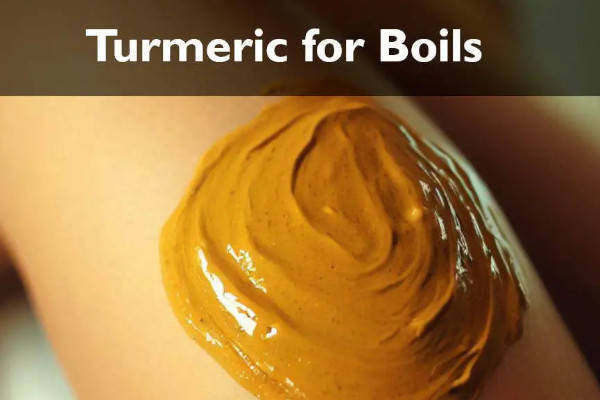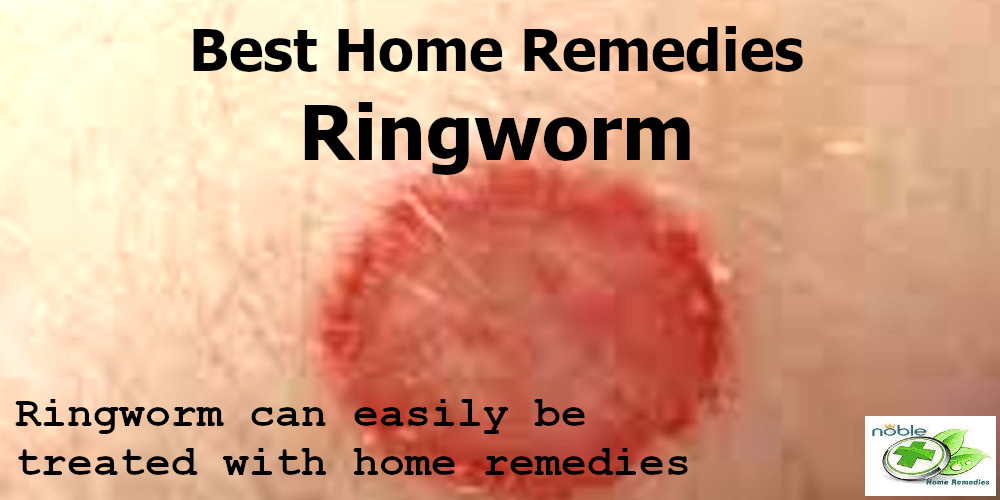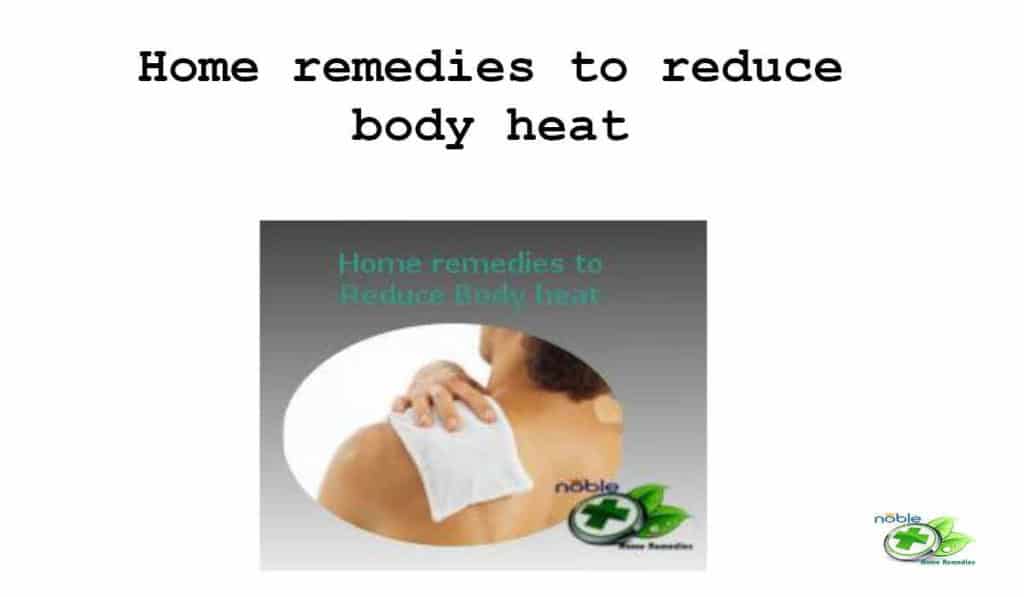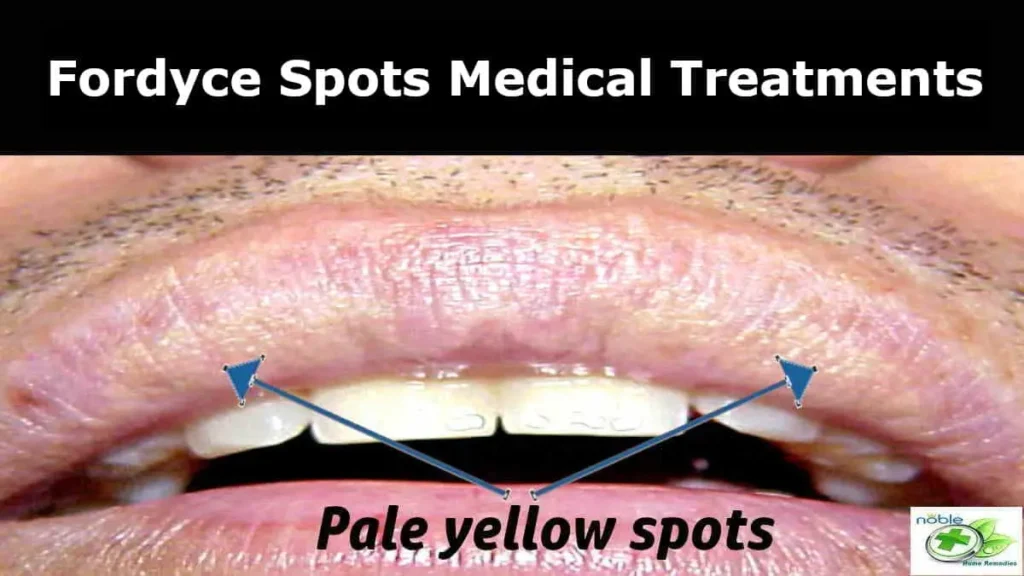Get Rid of Cystic Acne:12 Best Home Remedies
Acne is a widespread skin condition among people. Meanwhile, cystic acne is a severe form of acne. Cystic acne is different from other types of pimples. It goes into the skin, underneath the epidermis layer. A combination of sebum, dead skin cells, and infection with acne-causing bacteria. Painful inflamed cysts.
Keep reading to understand more about what causes and how to get rid of cystic acne in this article.
This article is primarily to cover the following topics in combating cystic acne:
- Natural remedies
- Topical treatments
- Supplements
- Vitamins
- Facials
- Antibiotics
- Prevention
What Causes Cystic Acne?
The hormonal imbalance is considered to be the main reason for the formation of cystic acne. At the puberty of girls and boys, hormonal imbalance is at its peak. Particularly a hormone called androgens plays a major role in affecting the skin. It increases sebum oil production, causing clogged pores and acne.
As said above most teens are vulnerable to getting cystic acne at 20 years of age. However, some may develop cystic acne as early as the age of 8 or even at the age of 50. Cystic acne may affect your face, chest, back, buttocks, shoulders, or upper arms.
Medical experts say that cystic acne may be hereditary. There are higher chances for you to get it if your parents only had cystic acne.
The most disappointing aspect of cystic acne is that it can leave a permanent scar on your skin. It can be wider pits, deep tiny holes, and uneven indents.
Other reasons moderate causes of acne include:
- Menstrual cycle for women
- Pregnancy
- Menopause
- Medications
- Tight Clothing
- Oily skin products
- Sweating and humidity
- Polycystic ovary syndrome
These conditions are closely linked to increased sebum oil production in your skin.
Natural Remedies for Cystic Acne

1. Apple Cider Vinegar
Apple cider vinegar has enormous benefits when comes to health. You can try an apple cider vinegar cleanser for cystic acne. The acidic and alkaline properties reduce inflammation. Particularly, the antibacterial property of the ACV kills the acne-causing bacteria. Further, alpha hydroxy acids exfoliate the skin. Eventually, the cystic acne disappears from the skin and helps to fade the acne scars over time.
How to: Use two tablespoons of ACV and a large bowl of purified water. Mix the ingredients. Splash and rinse the face and you can expect quick results.
2. Probiotics
Intake of probiotics can considerably help to heal skin from acne. Read on to know what Science Direct, Journal of the American Academy of Dermatology has to say about it.
Topical use: Topical use of probiotics forms a protective shield on the skin. It protects the skin from undesirable microorganisms. Microorganisms such as toxins, fungi, and bad bacteria. This results in avoiding the immune response that provokes the formation of acne.
Oral use: You can take probiotics in your diet or as a supplement. Oral intake helps to kill the bacteria causing acne. This anti-microbial effect fights against harmful microorganisms. Helps to protect against the skin inflammation that causes acne.
3. Turmeric Mask
Turmeric contains powerful compounds called curcuminoids. Its active agent is curcumin. Curcumin of turmeric is the magic potion for skin conditions. It also comes with a natural anti-inflammatory property. It is the key to curing cystic acne. Turmeric has earned the name Natural Healer because of its effectiveness.
A growing amount of evidence confirms that curcumin modulates phenomena. Those involved in inflammatory, proliferative, and infectious disorders of the skin
Potential of Curcumin in Skin Disorders – PMCID: PMC6770633
How to: Create a thick paste by adding small amounts of water to the turmeric powder. As a home remedy directly apply the turmeric paste over the cystic acne. Leave it to dry for about 45 minutes for the effects to take place. After that rinse off with the water. For faster results, you can apply twice a day. You also can use this as your skincare routine. In some people, it can irritate the skin so be watchful.
You could take turmeric supplements too to treat cystic acne. Use a minimum of 95 percent standardized active curcumin in the turmeric supplement. It also should contain black pepper to help our digestive tract to absorb curcumin. So, check the label of the supplements before buying.
Using turmeric to treat acne may produce immediate results in most people. Others may have to repeat to see the effects.
4. Witch Hazel
People do benefit from witch hazel for acne types of cysts and pustules that are inflammatory. Even it works well for other non-inflammatory acne such as blackheads and whiteheads. Witch hazel works on acne differently. It is a natural astringent. Witch hazel contracts and dries out the acne blemishes. It also has antioxidant effects on your skin.
The compound called tannins in witch hazel contains antimicrobial properties. It helps in reducing bacteria growth and prevents acne breakouts. It is also capable of calming acne redness and irritation.
Witch hazel is proven to be safe to use on the skin. This is according to the Cosmetic Ingredient Review by and Scientific Analyst. However, the use of witch hazel may not work for everyone.
How to: Dermatologists’ first condition is to use alcohol-free witch hazel products. Because alcohol can irritate the skin and can cause more breakouts. Then do a patch test on how it works for you on your skin. Try the arm instead of on your face. Cleanse with gentle face wash and pat to dry. Apply witch hazel on the acne spots using a cotton swab. Once the witch hazel dries coat it with dermatologist-approved moisturizers for acne-prone skin.
Witch hazel is safe to use topically. This is an OTC treatment. You should ensure you are buying pure witch hazel to treat cystic acne. Over-the-counter Witch Hazel products also may contain alcohol and added fragrances. Check the labels before buying.
5. Green Tea and Honey Mask
There are lots of claims about the effectiveness of honey and green tea on cystic acne.
Honey is well known for its antibacterial and calming qualities on the skin. These are two important qualities that work on inflamed acne blemishes. It also helps to prevent further breakouts of acne.
Green tea is high in compound polyphenols called catechins. This compound is anti-inflammatory and antioxidant. Interestingly studies show that green tea is very effective in controlling skin inflammation. That is why green tea is great for acne blemishes and hormonally-influenced breakouts.
Complementary Therapies published an article in April 2016. It’s about trying decaffeinated green tea supplement extract on women with acne. They also used a placebo group of women for the study. Those who took green tea showed a reduction in inflamed breakouts of acne. The placebo group did not show any differences.
The Independent Magazine went on to publish a claim of 17 years old. She talks about how she got over the painful inflamed cystic acne problem. She combined honey and green tea to treat her cystic acne.
How to: What she did was, she bought drank green tea bags from a store. She brews green tea bags and drinks three times a week. Also, she made a honey mask for cystic acne. She emptied some green tea bags into a bowl. Then mix it with raw honey to make a mask. Applied the mixture to the acne areas of the skin and left it at least for 30 minutes. More is better for a maximum of 2 hours. She did it three times a week. She further goes on to say that many people could not believe this.
6. Aloe Vera Gel
Aloe Vera means reducing inflammation and calming skin instantly. This is because of its powerful anti-fungal and anti-bacterial properties. Always choose pure aloe vera gel to apply to cystic acne. Applying aloe vera gel on cystic acne soothes the skin and reduces the redness. Leave the aloe vera gel overnight and wash it off in the morning. This is one of the fastest ways to get rid of the pimple on the skin.
Cinnamon and Honey have a similar effect as aloe vera. Combining the ingredients makes a face mask that stops the recurrence of pimples. This also promotes having smooth acne-free skin.
How to: Use 2 tablespoons of honey, 1 tablespoon of pure aloe vera gel, and 1/4 tablespoon of ground cinnamon. First mix aloe vera gel and honey. Then add the ground cinnamon to make a paste. Apply the face mask to the face. Avoid the eyes. Let the mask dry for 10 minutes to make an impact on the face. Rinse off the mask to feel fresh and smooth skin.
7. Baking Soda
Normally, healthcare experts do not recommend the use of baking soda to treat inflamed acne. This is because baking soda may be severe on the skin and affect the protective oils. Some use baking soda for the reason that has anti-inflammatory and antiseptic properties.
So, the best advice is if you choose to use baking soda then use it in small quantities. Do not use it every day.
Excess use may over-dry your skin and even can worsen acne breakouts. Its alkaline substance can interfere with the skin’s PH levels. You may end up with the reverse effect leading to skin irritation and inflammation.
The use of baking soda is in practice among people for treating acne. However, scientifically there is no evidence that baking soda helps with cystic acne. Therefore, more research, studies, and trials are needed on the use of baking soda for acne.
How to: The best option for cystic acne and boils is to use gentle skin exfoliation with baking soda. You need three ingredients. 2 tablespoons of baking soda, 1 tablespoon of Epsom salt, and water. Mix the baking soda and Epsom salt. Then add water little by little to make a paste. Now apply directly to the cystic acne spots. Let it dry. Now rinse off with lukewarm water. You may repeat it every other day.
8. Celery Juice
People are looking to celery juice as a way to cure cystic acne. Celery is considered a superfood. Because it could help certain health conditions. Please note that only organic celery is a superfood. Yet, there is not enough evidence to treat cystic acne or acne vulgaris.
Meg Harger, the Acne Nutritionist strongly objects to using celery juice for acne. She does not deny that celery is good for health in general if taken in the right quantity. Here are the points that Meg Harger has about celery juice for acne:
- Anything too much can become a bad thing. It is the same with celery juice. Regularly taking 160z of juice for clear skin eventually ends up putting stress on the liver.
- Non-organic celery juice may increase the risk of intake of toxic pesticides and other chemicals. Hence the high amount of celery juice increases the toxins and is bad for your body and skin.
- Some may claim it worked for them but it is not scientifically proven. It can be a placebo effect.
- Always important to get to the root of the problem which may vary from person to person
9. Lemon Juice
Looking at the plant compounds that lemon contains, it can be great for treating acne. However, dermatologists warn that the application of lemon juice may make acne worse. Especially, bad to treat severe acne or cystic acne. No dermatologist suggests the use of lemon juice on cystic acne. So, it is better not to try lemon juice as a remedy for cystic acne.
Certain studies support that lemon’s anti-inflammatory and antibacterial properties have good general health effects. However, there is not enough clear evidence to support treating acne.
Yet, people claim that they have benefited from using lemon juice for acne and pimples. So, if you want to try, ensure to apply only for mild acne. Also, try a patch test to see the results.
Risks posed by using lemon juice directly on the skin include:
- itchiness
- redness
- burning sensation
- excessive dryness
- skin becomes more sensitive to direct sunlight
10. Essential oils
Essential oils are often soft on the skin if used correctly. The main reason behind that is it does not contain chemicals and irritants. The essential oil plays an interesting role in healing cystic acne. It is because the causes of cystic acne have a close connection with the mind and body. At the same time, an essential oil also has a healing effect on the mind and body. Here is the list of essential oils that help heal cystic acne:
- Tea Tree Essential Oil
- Lavender Essential Oil
- Geranium Essential Oil
- Oregano Oil
- Clove Essential Oil
- Evening Primrose Oil
Read our special full article on Essential Oils for Cystic Acne to get an in-depth understanding of healing effects.
11. Heat or Ice
It works and you need patience. The application of a warm compress helps to remove the trapped substance from the hair follicle. Then following up with an ice compress helps to reduce the redness and swelling. Repeated application over time heals cystic acne.
How to: Gently wash your face including acne areas. Be careful not to pop the cystic acne. You may use a mild exfoliating cleanser. Now apply the warm compress to the affected areas. You may use a warm, moist washcloth for the same purpose. Do it for about 10 minutes. Ensure the compress warm is bearable. With this process, you will drain the cyst. Once this is done use the cold compress. Place the acne breakouts in 60-second intervals for about 5 minutes. Repeat the heat and ice remedy for cystic acne every day until the pimples clear up.
12. Cocktail a spot treatment
Don’t be excited that we are suggesting you a cocktail drink! This cocktail is made of benzoyl peroxide and 1 percent hydrocortisone cream. The reason is both the ingredients are anti-inflammatories. So, effective in calming the inflammation and redness of cystic acne. It also reduces the amount of scarring on the skin when it heals. This is one of the best suggestions by Mona Gohara, MD, associate clinical professor at Yale School of Medicine.
How to: Dab benzoyl peroxide on cystic acne. Wait till it completely dries out on the skin. Now apply a thin layer of hydrocortisone cream over it. Do this once a day for a week to get the desired results.
I’m An Adult and I Still Get Acne! What Do I Do?
Listen to what Mona Gohara, MD and Dermatologist got to say about it. She discusses acne breakouts including cystic acne and how to treat it to get rid of it.
Other Methods of Treating Cystic Acne
There are many other methods available to combat cystic acne effectively. These methods are also well-backed by dermatologists. Better to pay attention to these methods as well. Then decide on a suitable treatment for cystic acne.
It is advisable to consult a dermatologist in case of severe acne before choosing a method to treat acne. Here is the list of other methods including:
- Facial Masks
- Homeopathy
- Supplements
- Antibiotics
- Topical Treatment
- Vitamins
- Birth control pills for pimples
- Laser treatments
What to Eat and Not to Eat for Cystic Acne
According to Dr. Mona Gohara, there is no one type of hormonal acne. Also, it can come in many different manifestations. She says lifestyle can play a major role in your cystic acne breakouts. Therefore, have a watch on your lifestyle including:
- Pay attention to your diet – so you will know if any particular food causing more outbreaks
- Limit your sugar intake
- Reduce dairy food
- Increase intake of healthy fats
- Eat more green vegetables
- Eat fruits like berries that are high in antioxidants
Cystic Acne Breakout Prevention Efforts
- Avoid scrubbing your skin
- Do not use irritable skin products like exfoliants.
- Wash your skin twice a day. Use a gentle cleanser and lukewarm water.
- Do not touch or pop your cyst. If you do so, it may spread more on your skin
- Do not pick blemishes.
- Stay out of direct sunlight.
- Learn to relax. Stress releases more hormones and promotes acne breakouts.
- Sleep and exercise
- Lead a healthy lifestyle
Takeaway
The main cause of cystic acne is hormonal imbalance. It will take time to heal with any type of remedy. The right approach heals faster and shortest possible time. Take time to decide what remedy is suitable for you. Always do a patch test on the back of your neck to be on the safe side.
Approach a healthcare provider if your conditions are new or do not resolve quickly. They will guide you on more cystic acne treatment options.
Source:
Noble Home Remedies adheres to rigorous sourcing standards, drawing information from peer-reviewed studies, reputable academic research institutions, and esteemed medical journals and associations. We prioritize using high-quality, trustworthy sources to maintain the accuracy and integrity of our content. You can learn more about how we ensure our content is accurate and current by reading our editorial policy.
- Risk-Benefit Analysis of Treatments for Cystic Acne – Callie Elliott – https://www.semanticscholar.org/author/Callie-Elliott/1576909806
- Aloe vera: Potential candidate in health management via modulation of biological activities https://www.ncbi.nlm.nih.gov/pmc/articles/PMC4557234/
- Antibacterial Activity of Ethanolic Extract of Cinnamon Bark, Honey, and Their Combination Effects against Acne-Causing Bacteria – https://pubmed.ncbi.nlm.nih.gov/28398231/
- Apple Cider Vinegar for Acne: Does It Really Work? dermatologist Weigh In – https://www.womenshealthmag.com/beauty/a19902539/apple-cider-vinegar-for-acne/
- The effect of probiotics on immune regulation, acne, and photoaging – https://www.ncbi.nlm.nih.gov/pmc/articles/PMC5418745/
- The potential of Curcumin in Skin Disorders – https://www.ncbi.nlm.nih.gov/pmc/articles/PMC6770633/
- Witch Hazel: Which Claims are True? – https://www.berkeleywellness.com/self-care/home-remedies/article/witch-hazel-which-claims-are-true
- Green Tea and Other Tea Polyphenols: Effects on Sebum Production and Acne Vulgaris – https://www.ncbi.nlm.nih.gov/pmc/articles/PMC5384166/
- Why I DON’T recommend celery juice for healing acne – https://www.megthedietitian.com/post/why-i-don-t-recommend-celery-juice-for-healing-acne
Trust in your purchase:
Every product featured on our site has been carefully researched and selected based on quality, customer ratings, and positive reviews to ensure you receive excellent value for your money.
Please note:
This post contains affiliate links. If you make a purchase through these links, we may earn a small commission at no additional cost to you. This helps support our site and allows us to continue bringing you valuable content. Thank you!
Thank you for your precious time spent with NobleHomeRemedies.
You may also like:
Benefits of Prekese Sexually
Benefits of Prekese Sexually: Prekese Aphrodisiac Perception Prekese is the Akan name for the Tetrapleura…
Turmeric for Boils
Turmeric for Boils: Clearer and Calmer Skin – 5 Natural Ways Boils, those painful and…
What To Eat With An Upset Stomach?
What To Eat With An Upset Stomach There are times you suddenly get a stomach…
Home Remedies for Ringworm
5 Best Home Remedies for Ringworm You can get ringworm on any part of your…
Home remedies to reduce body heat
Home remedies to reduce body heat: Noble Home Remedies How to reduce body heat is…
Medical Treatments for Fordyce Spots
Fordyce spots medical treatments: 6 Expert Medical Solutions If you’ve ever noticed small, pale bumps…

